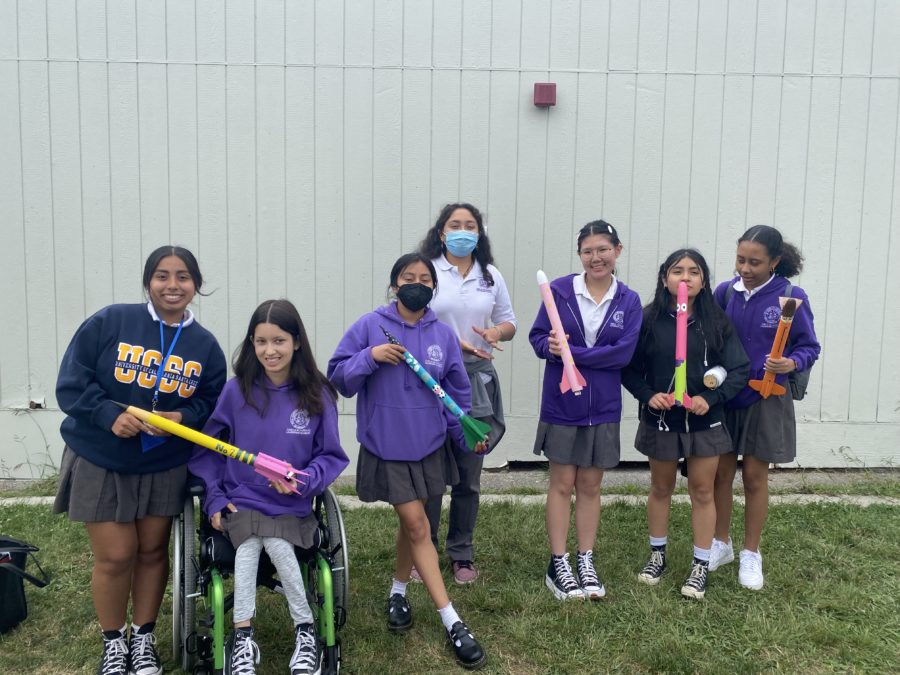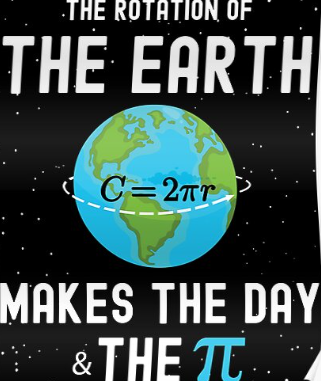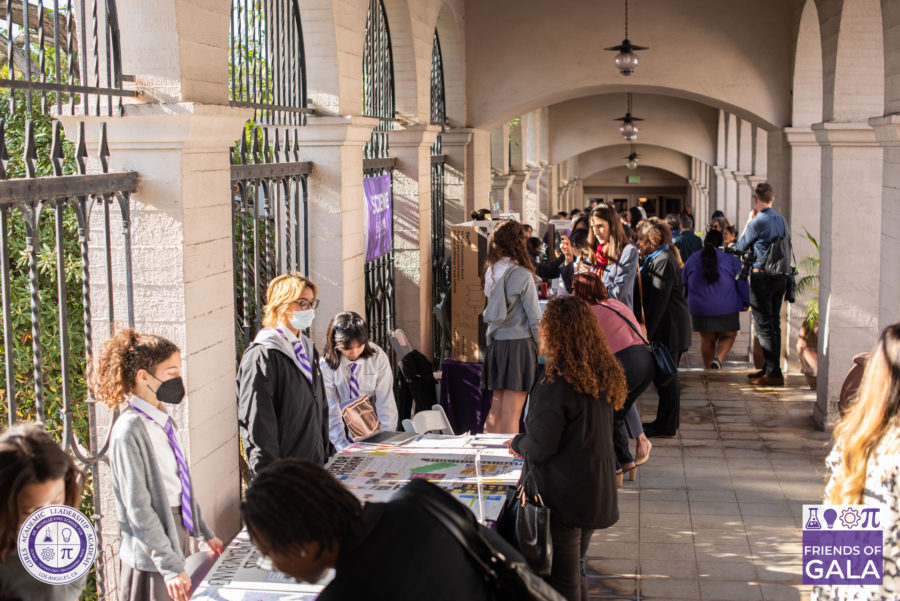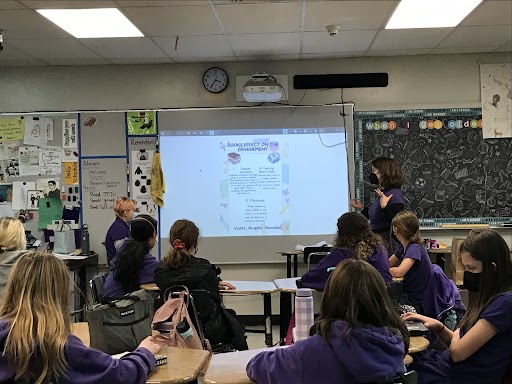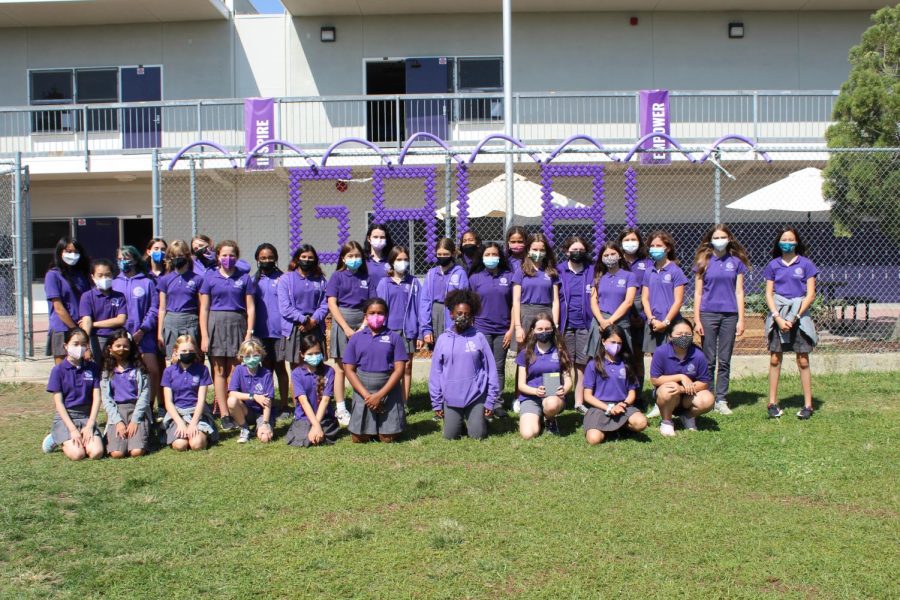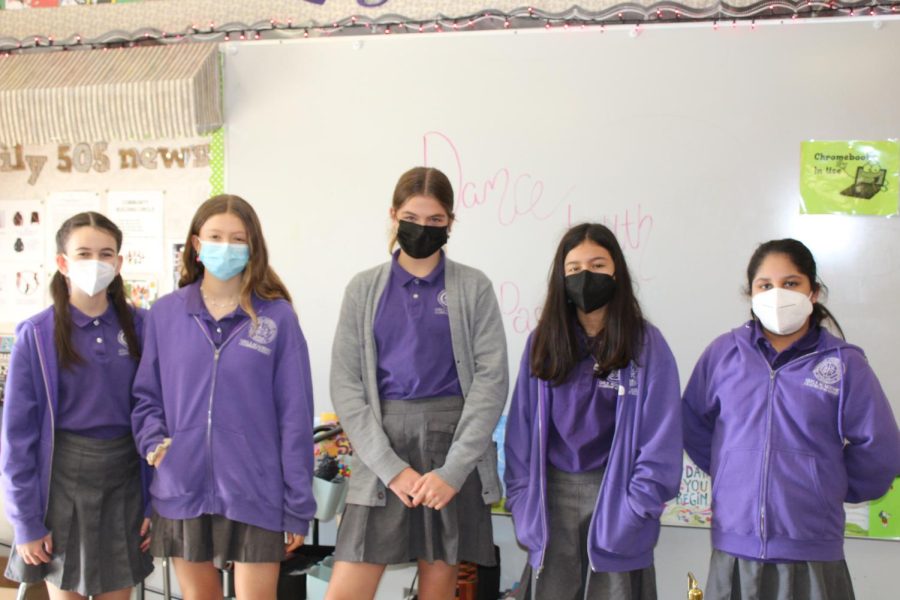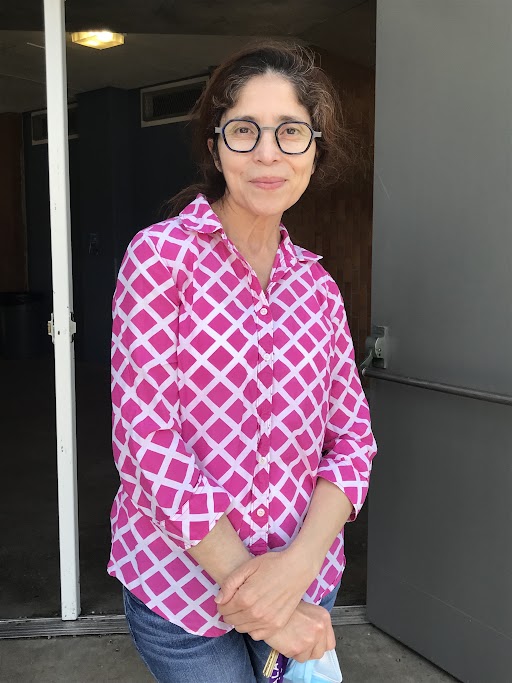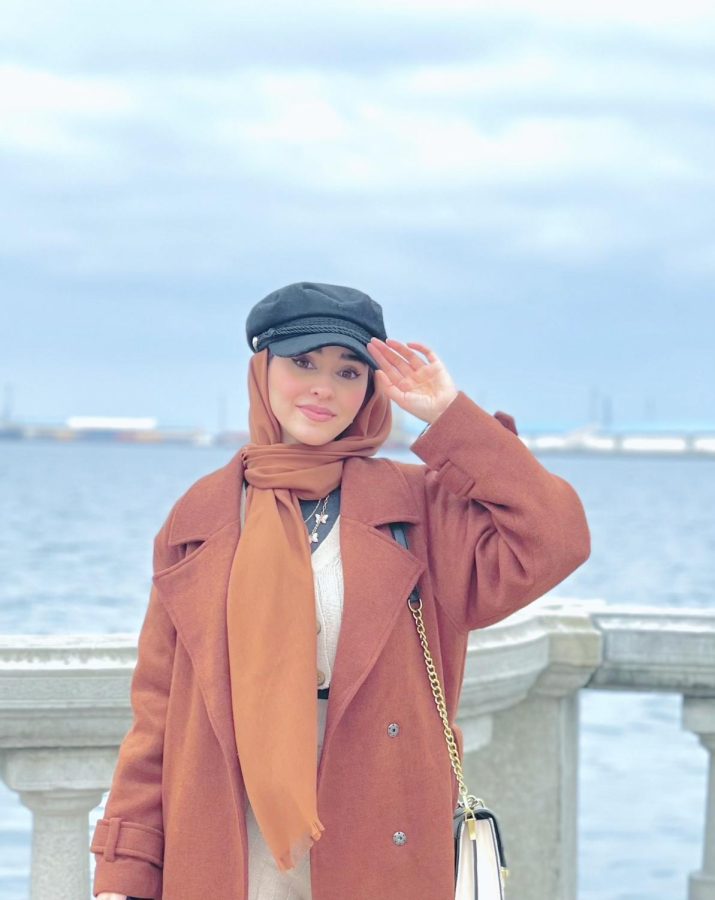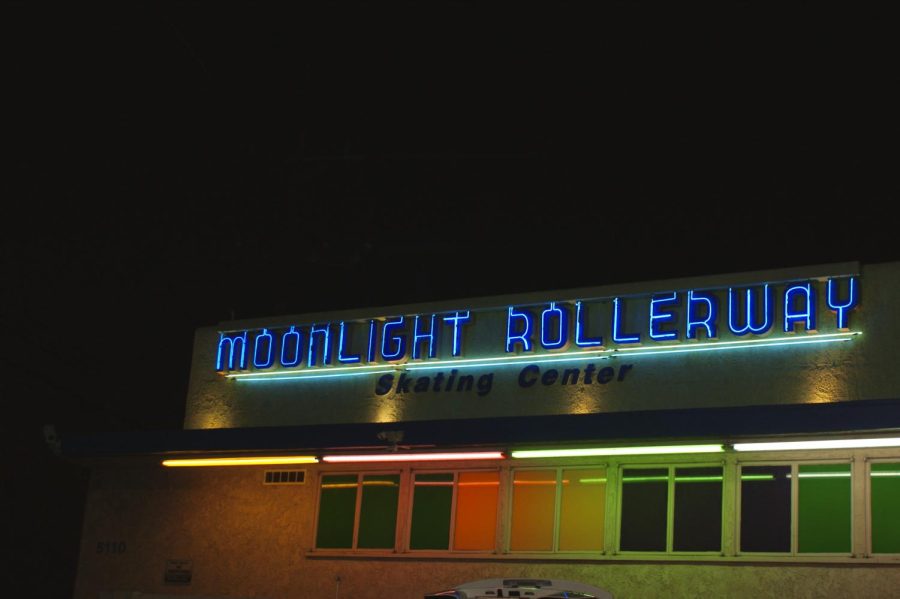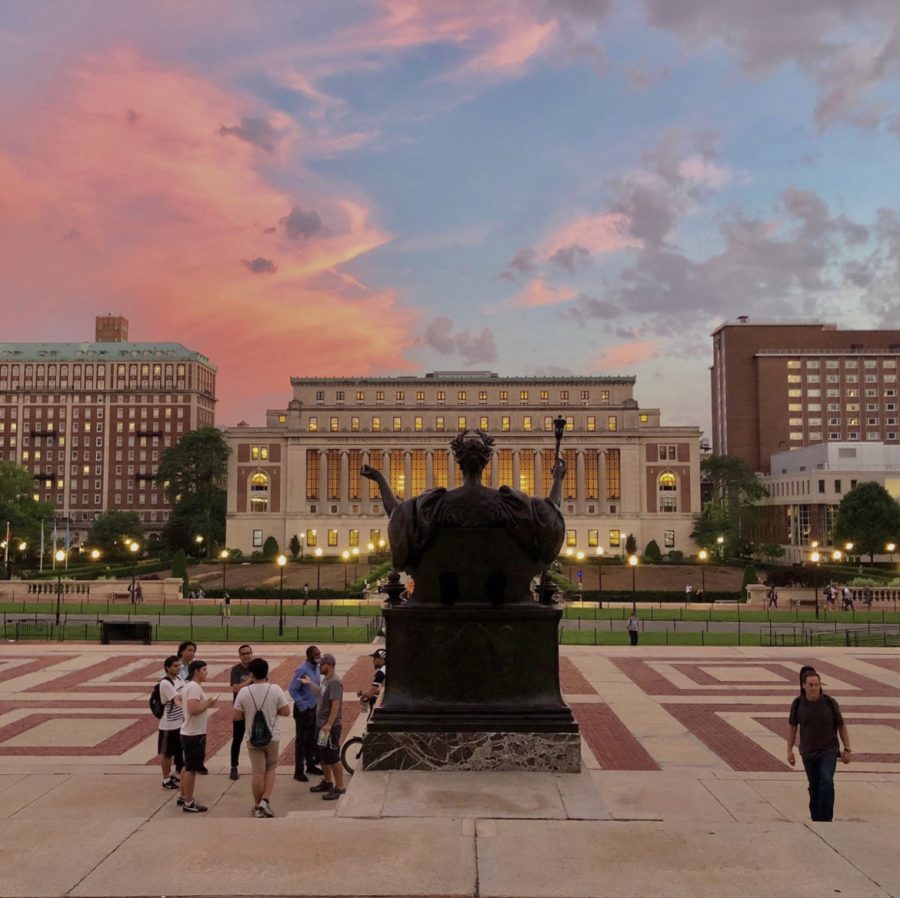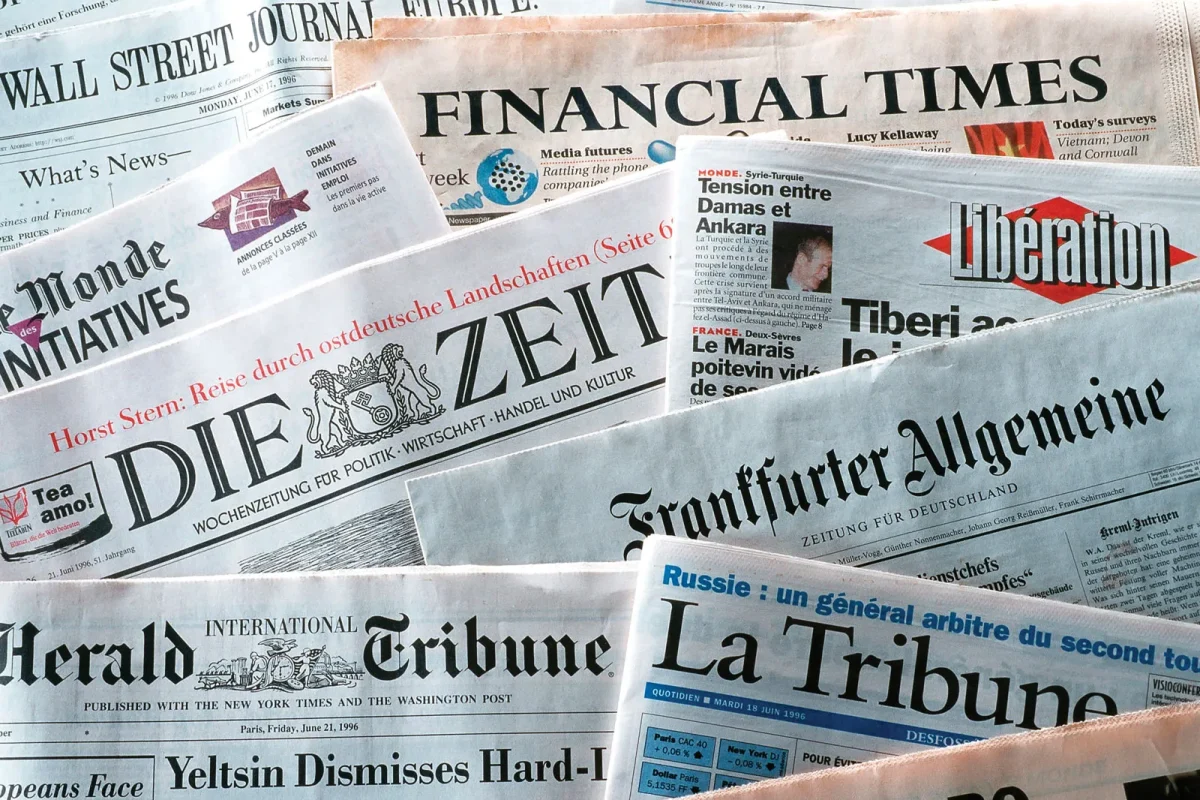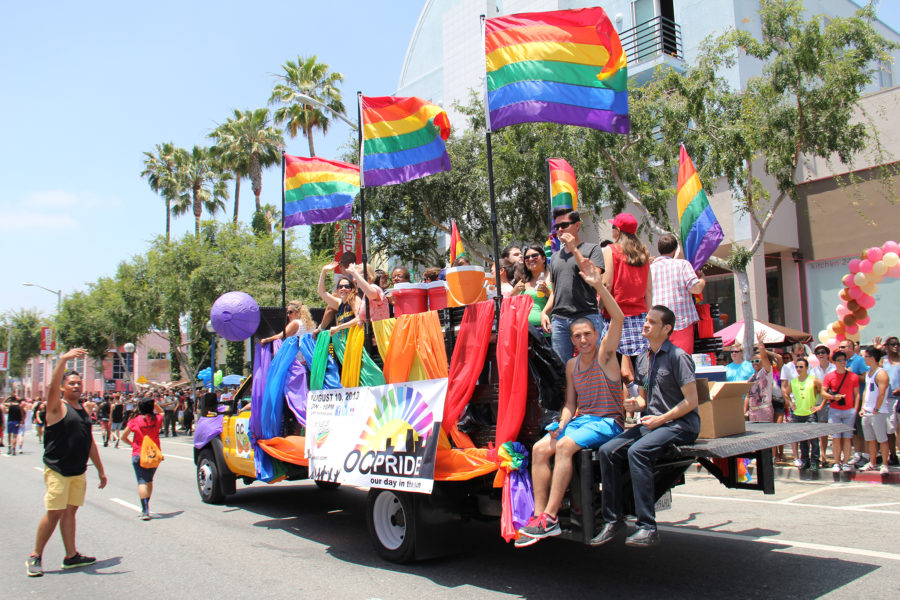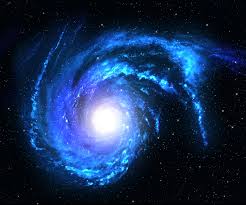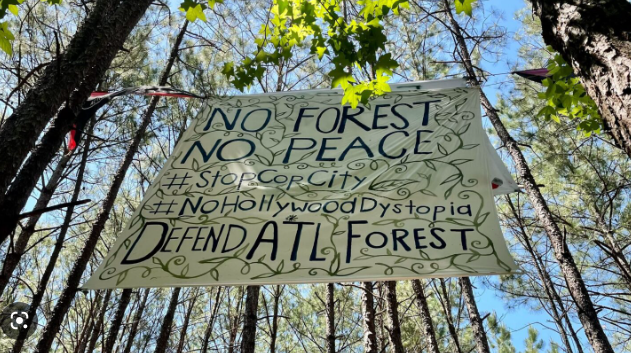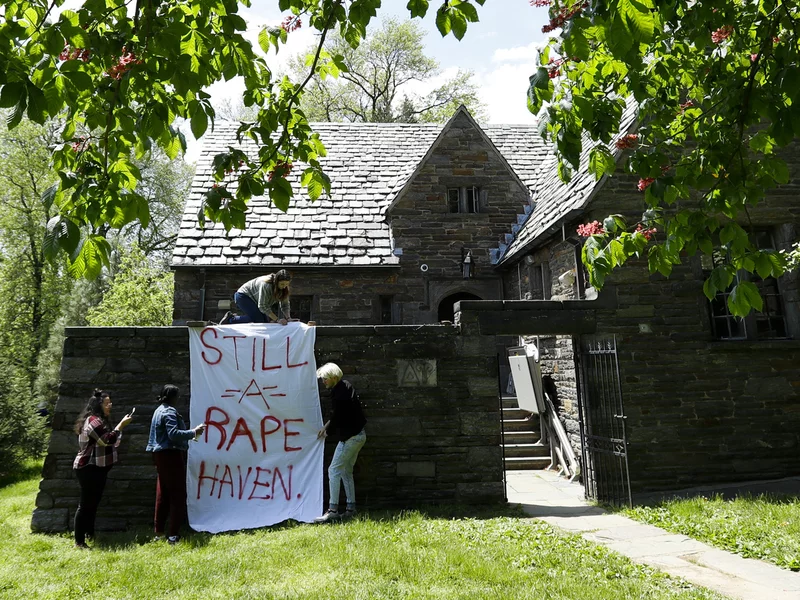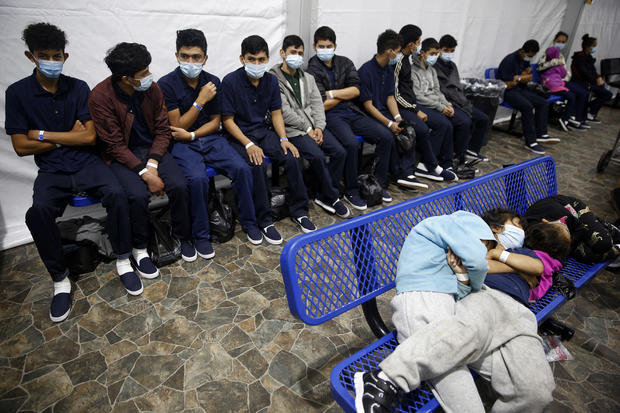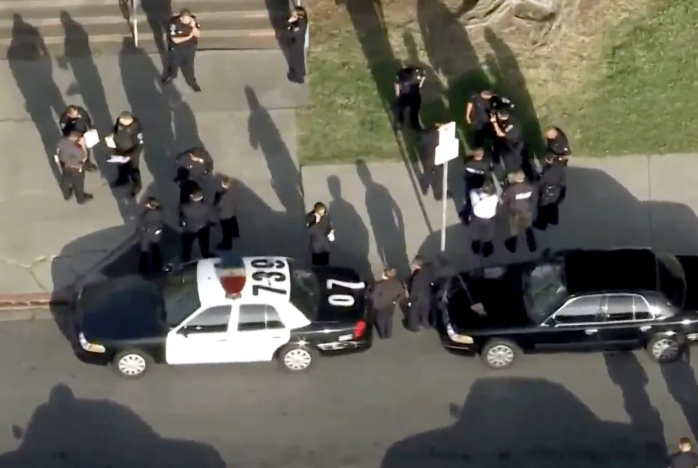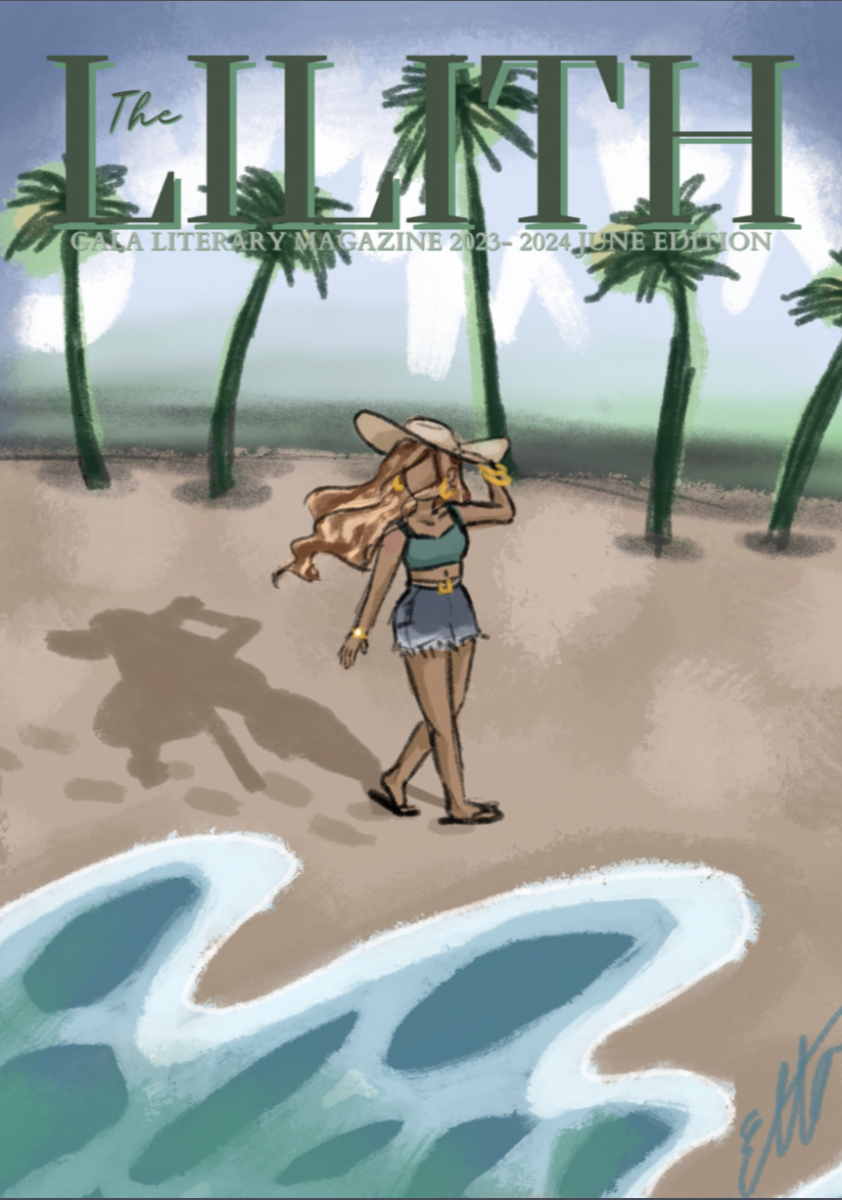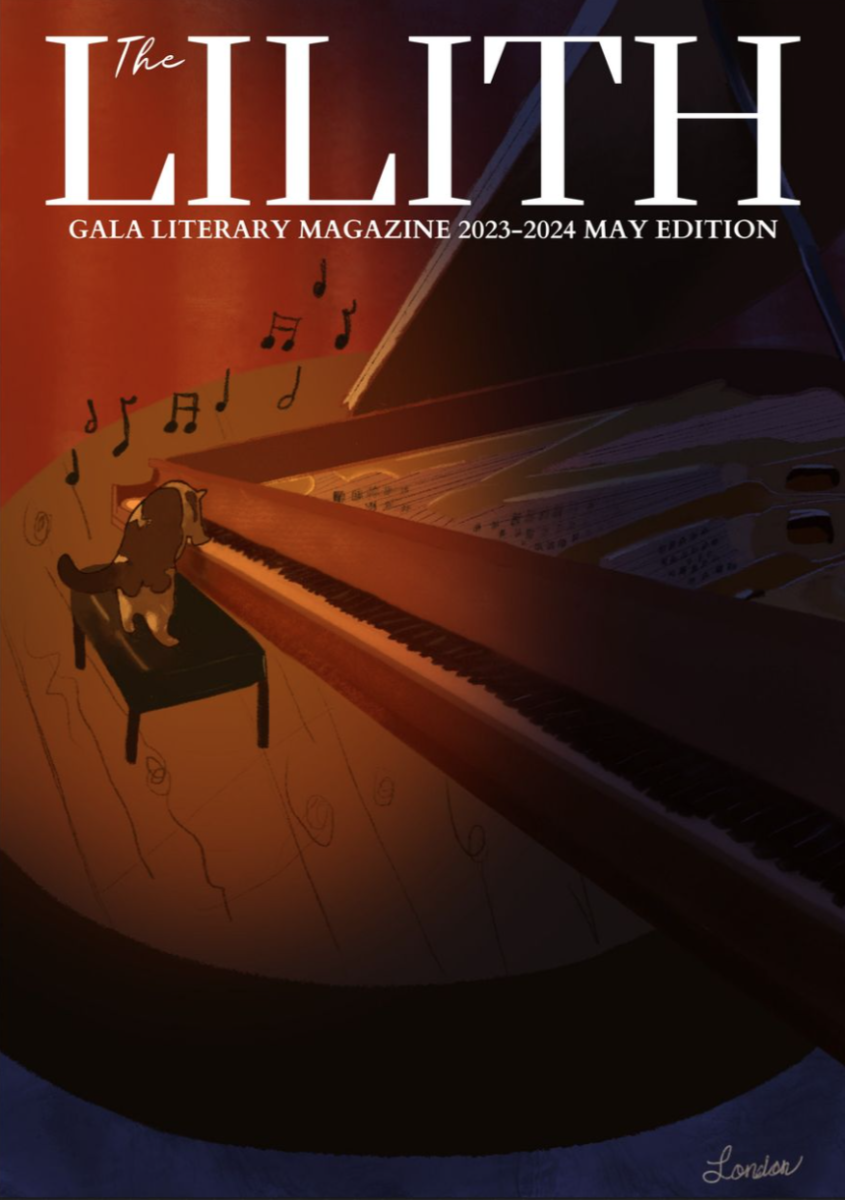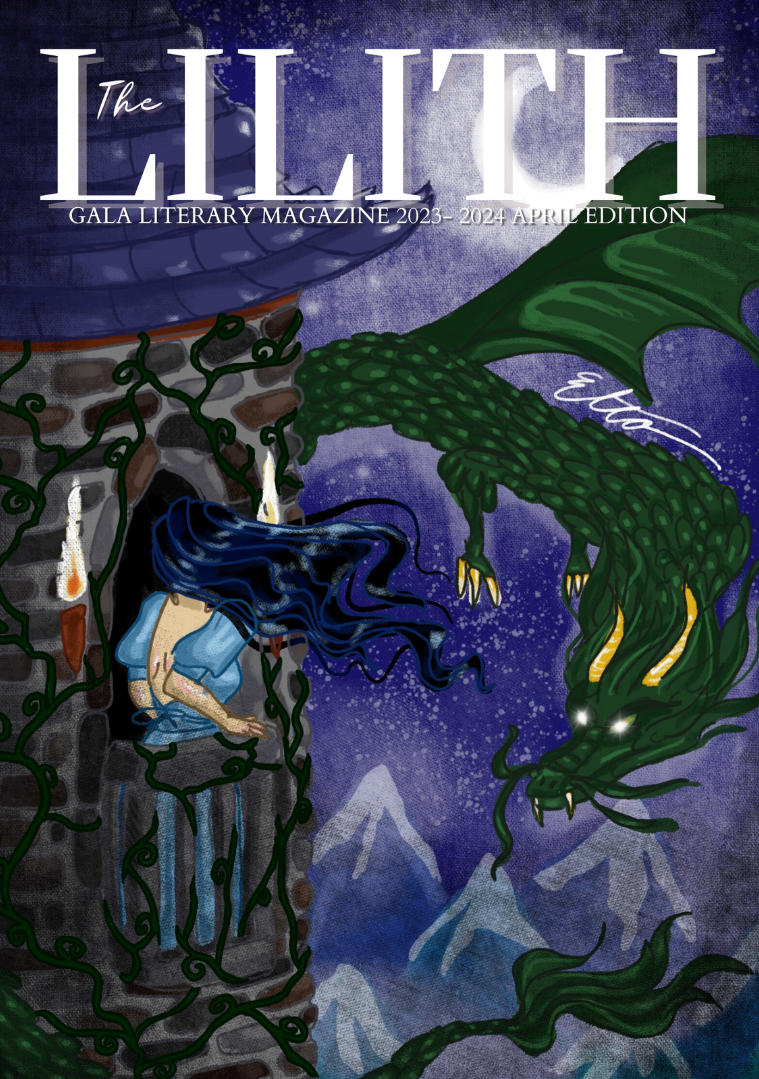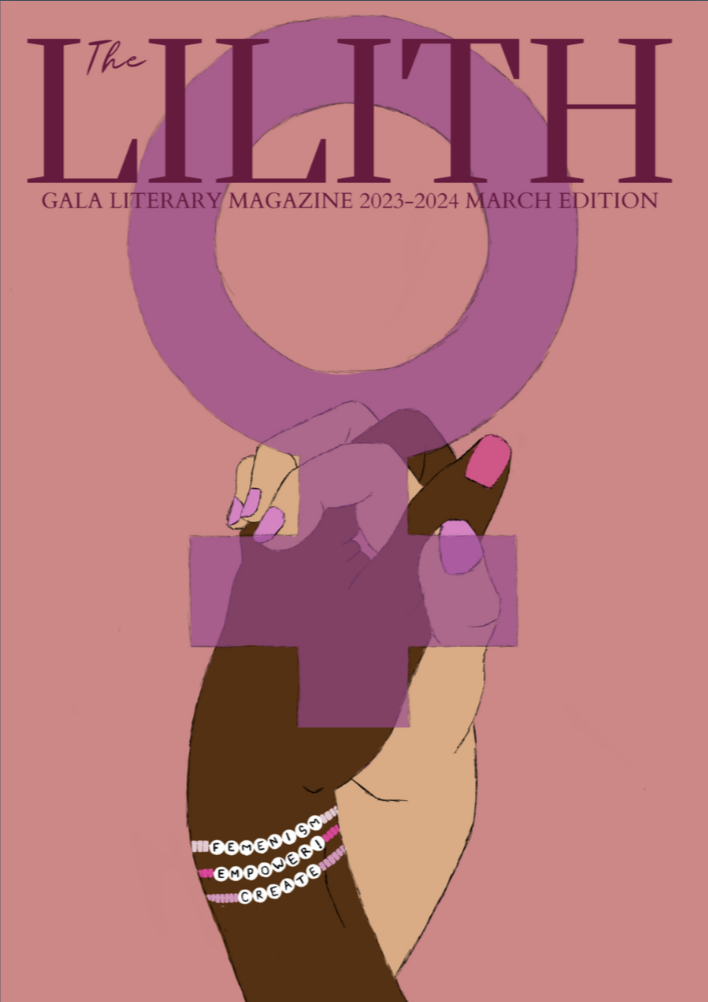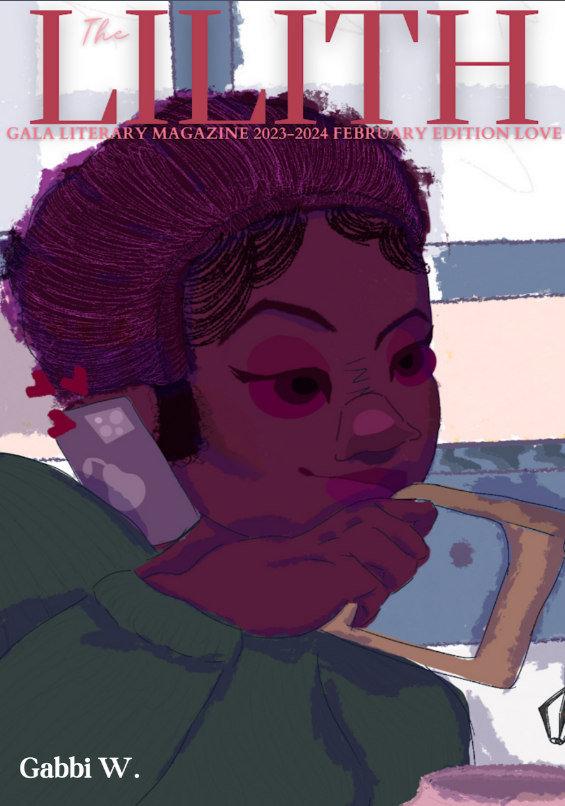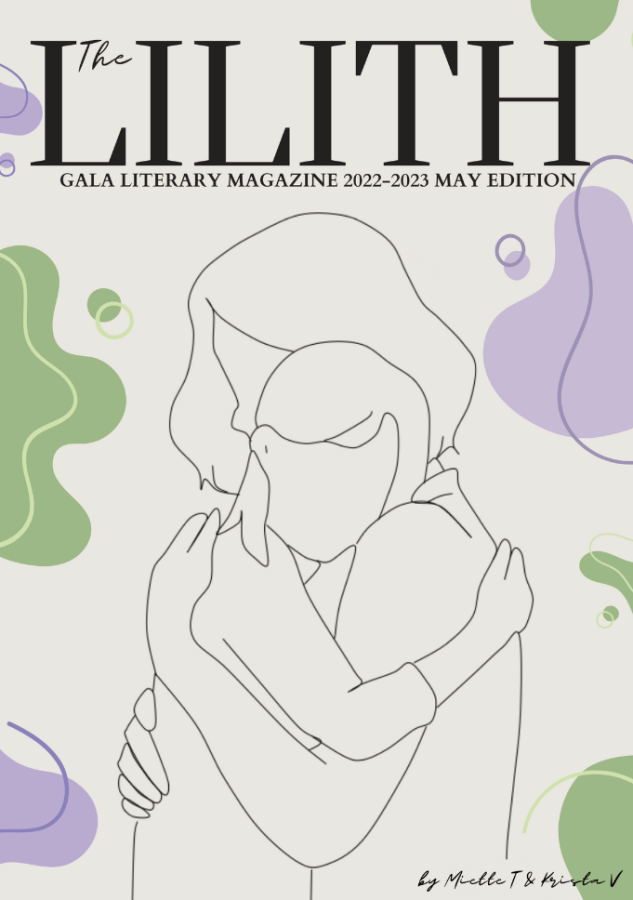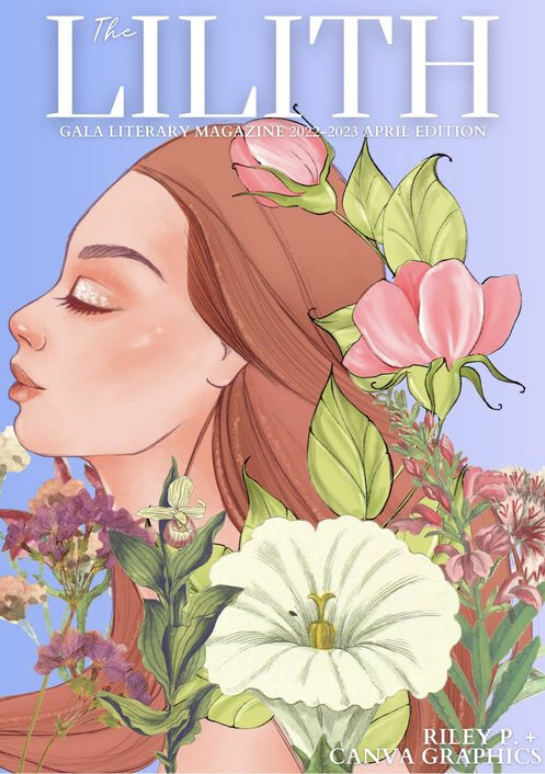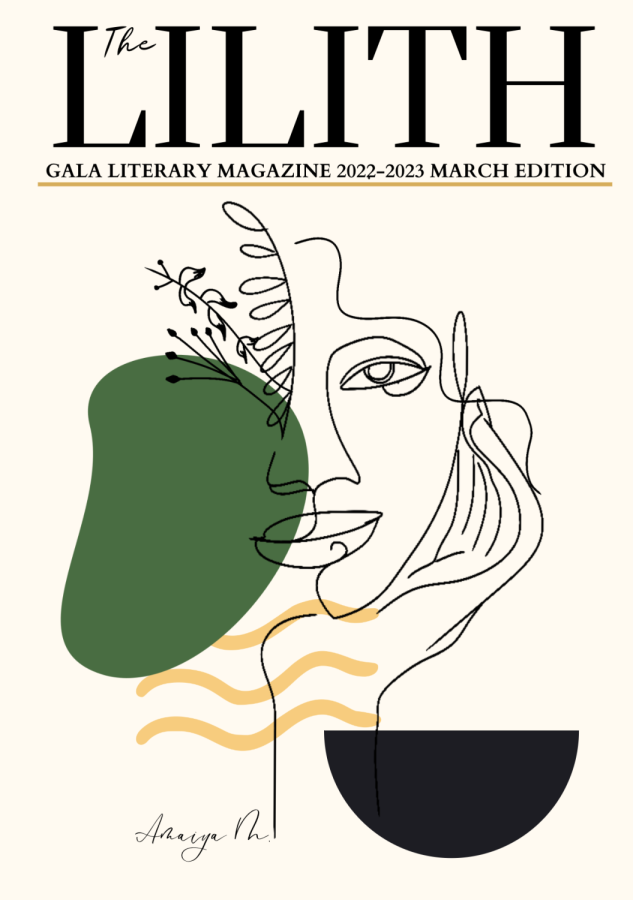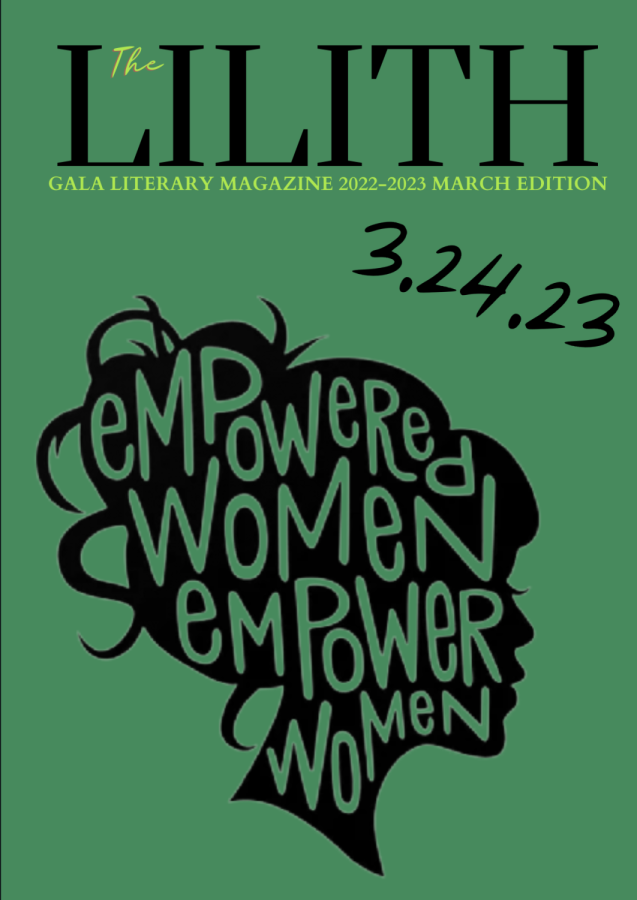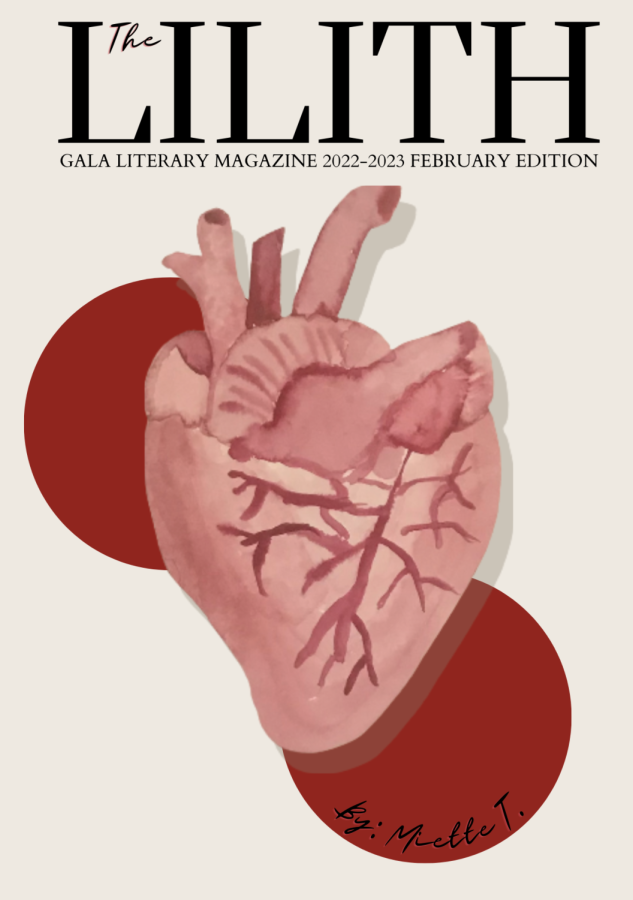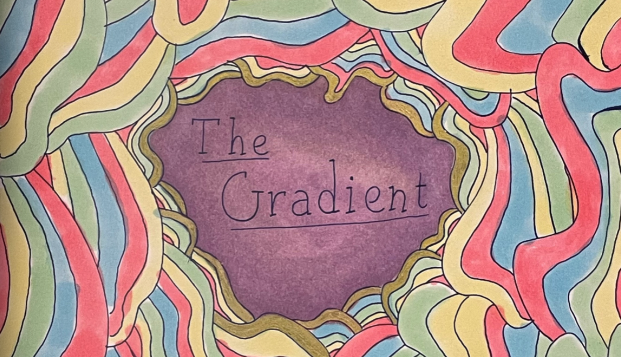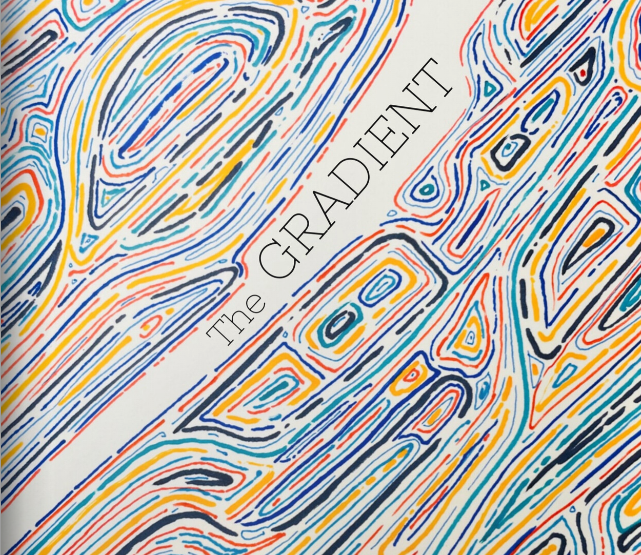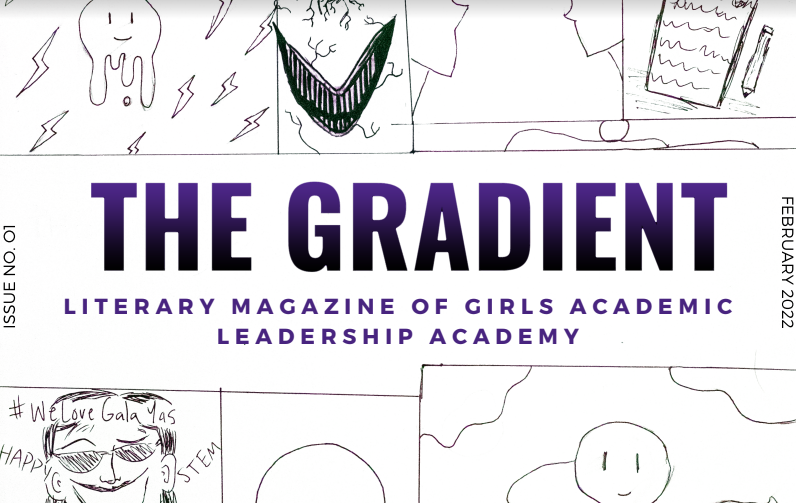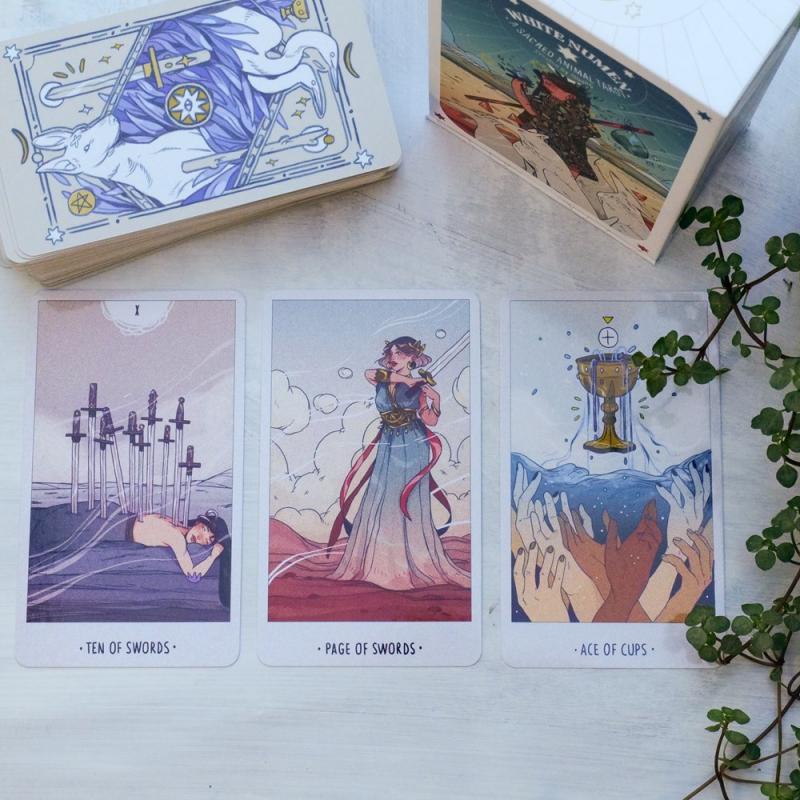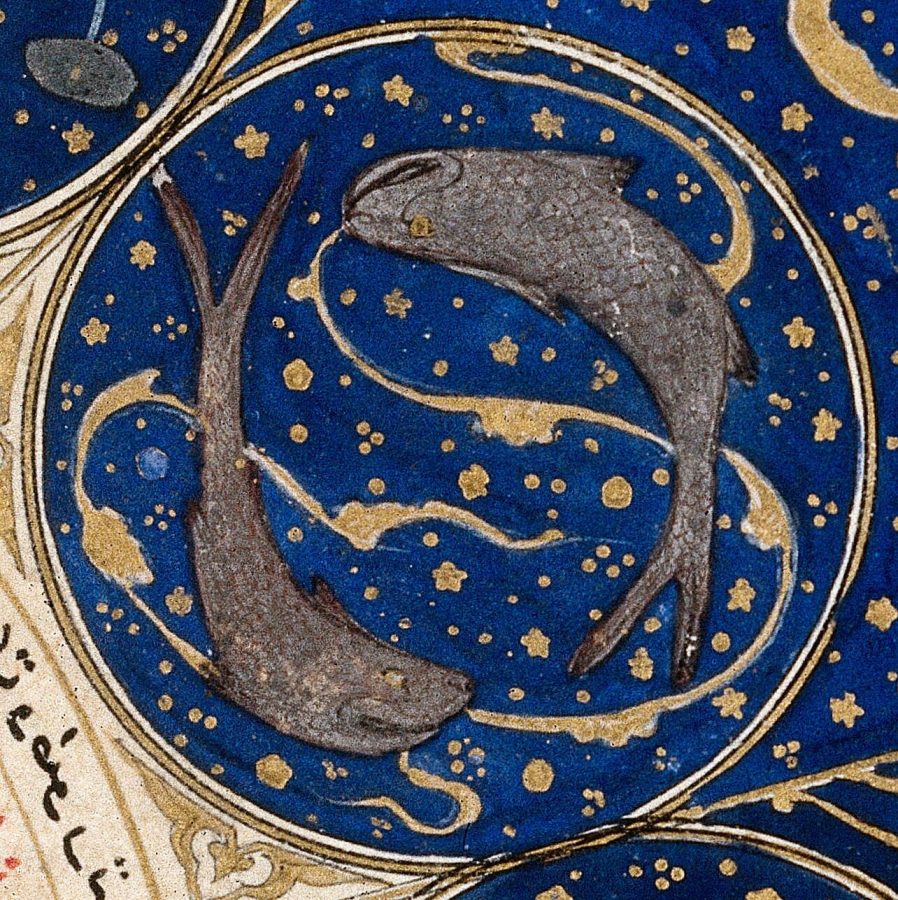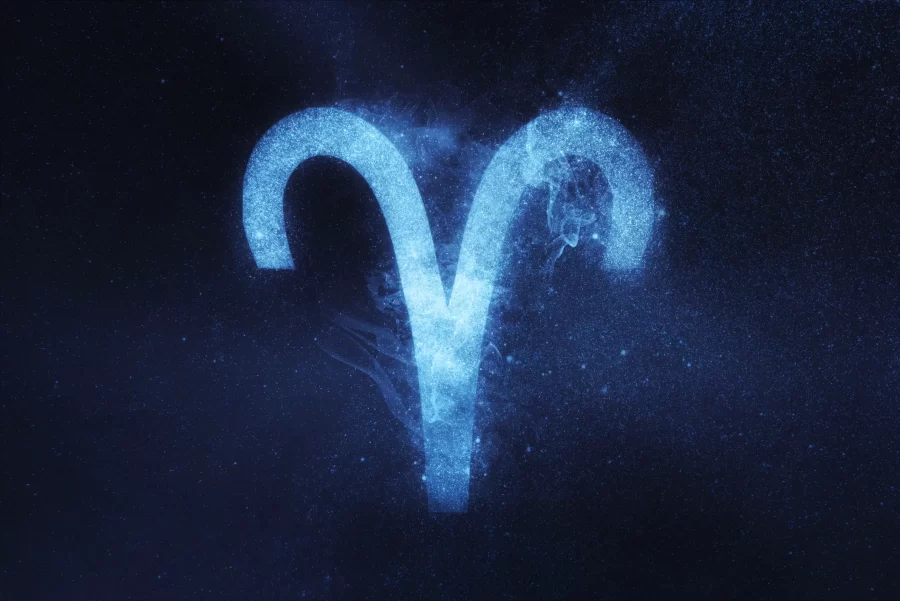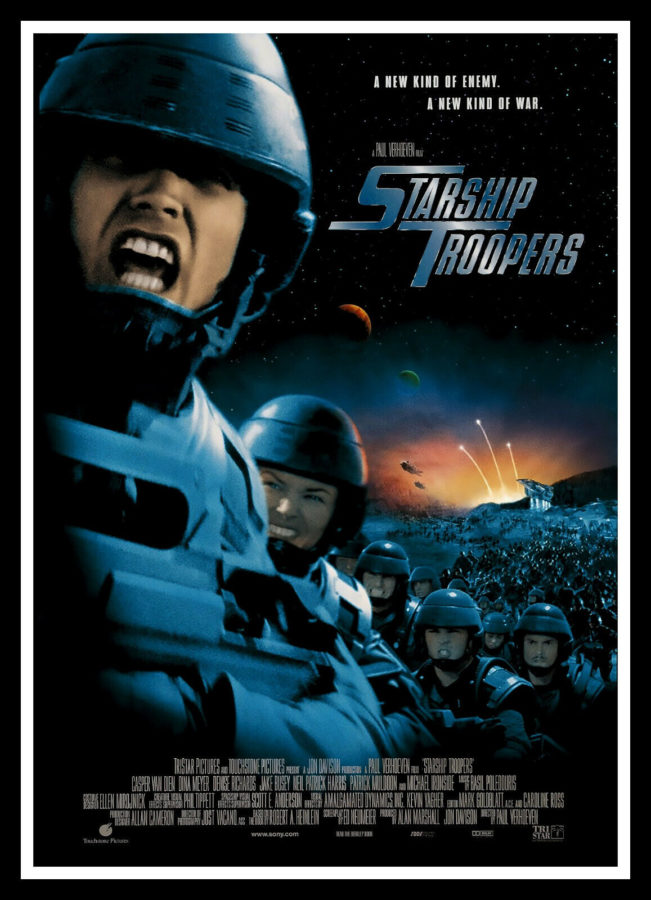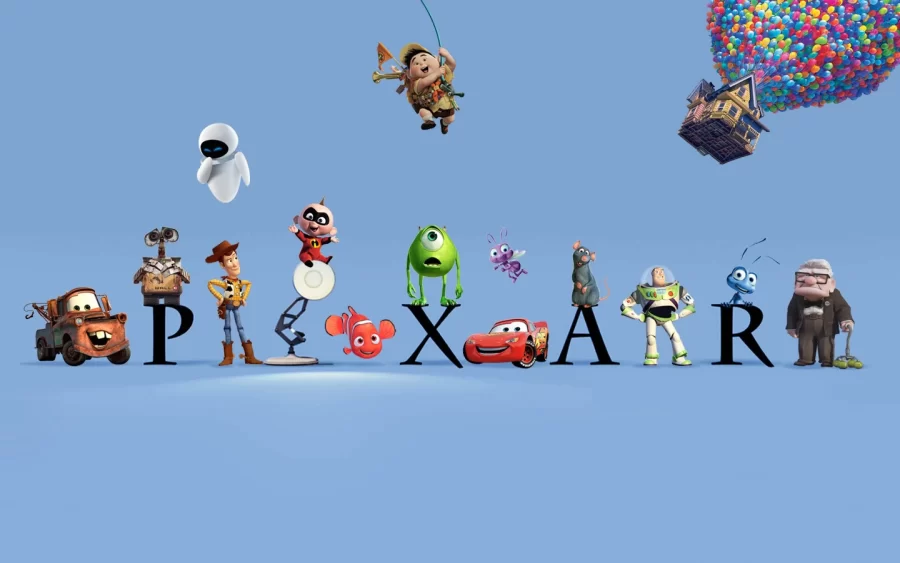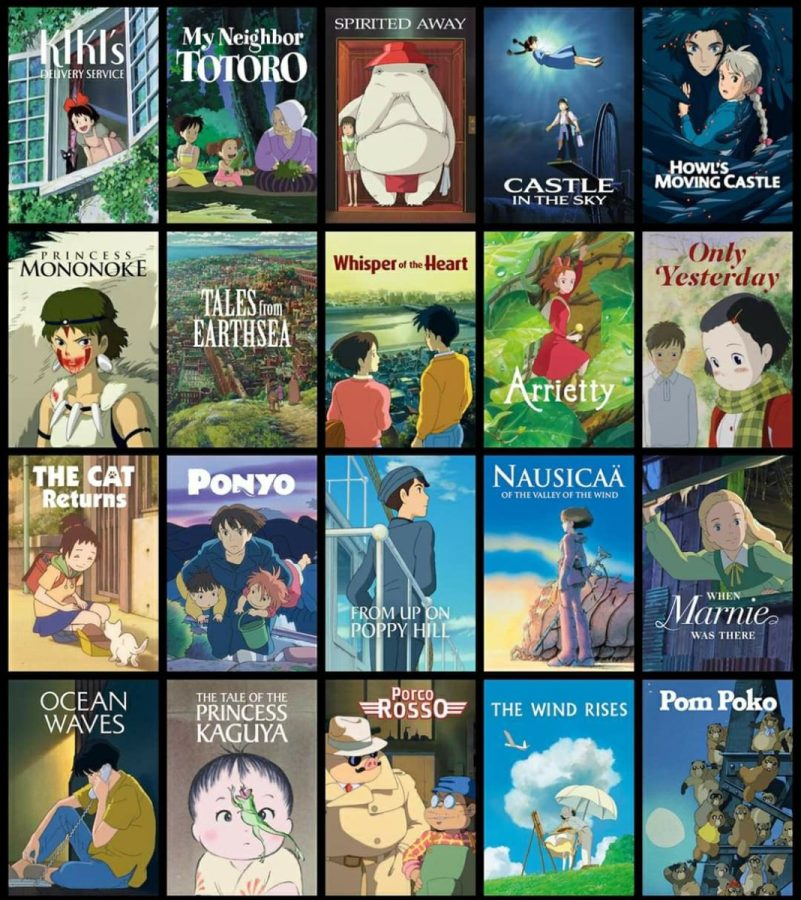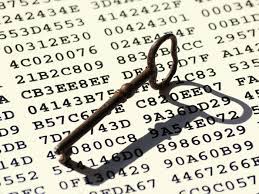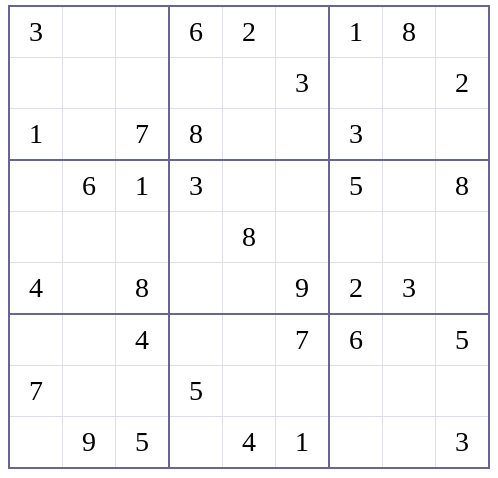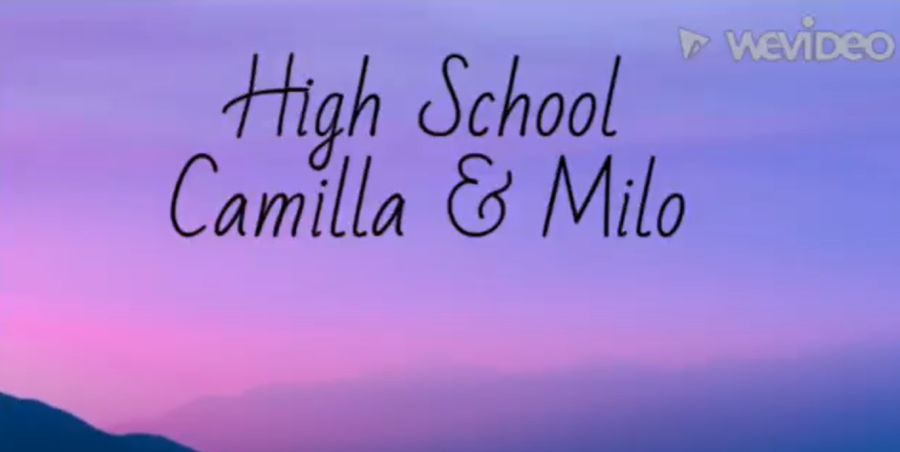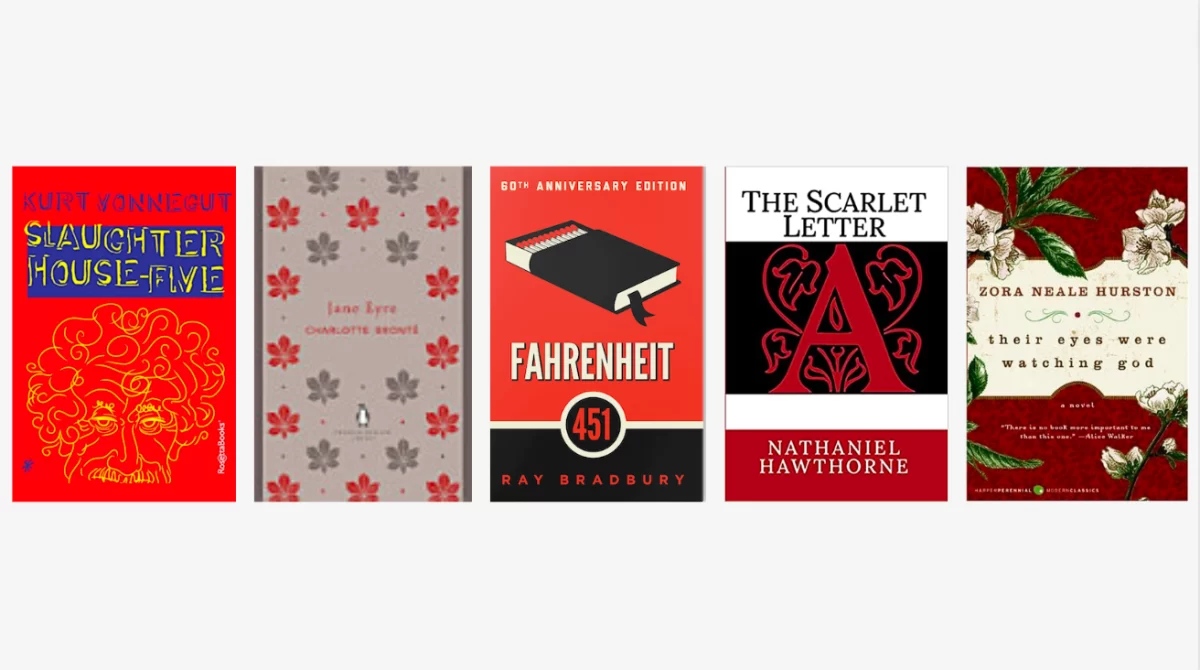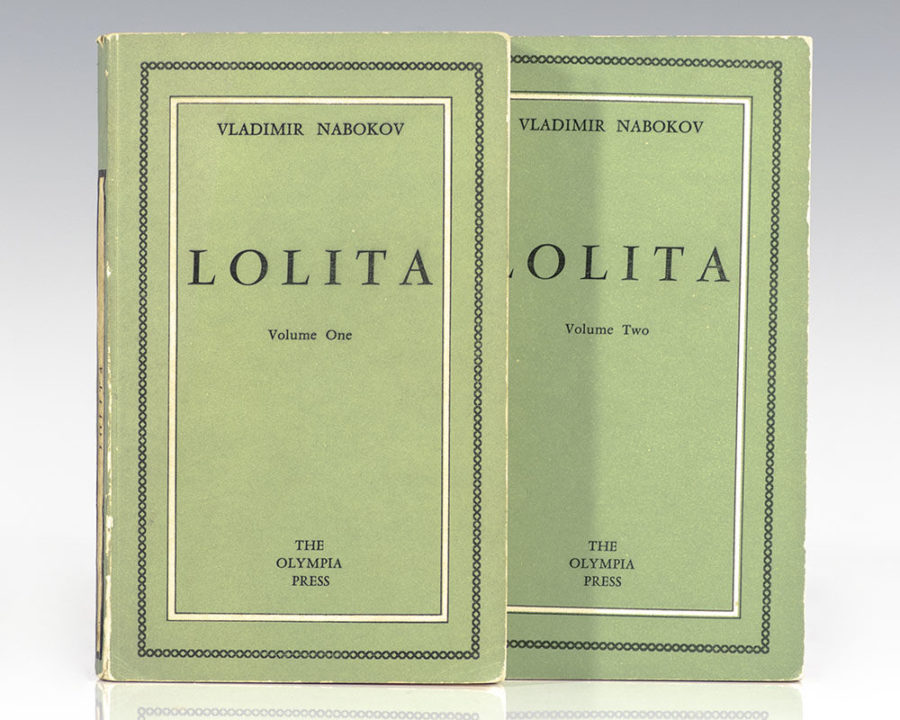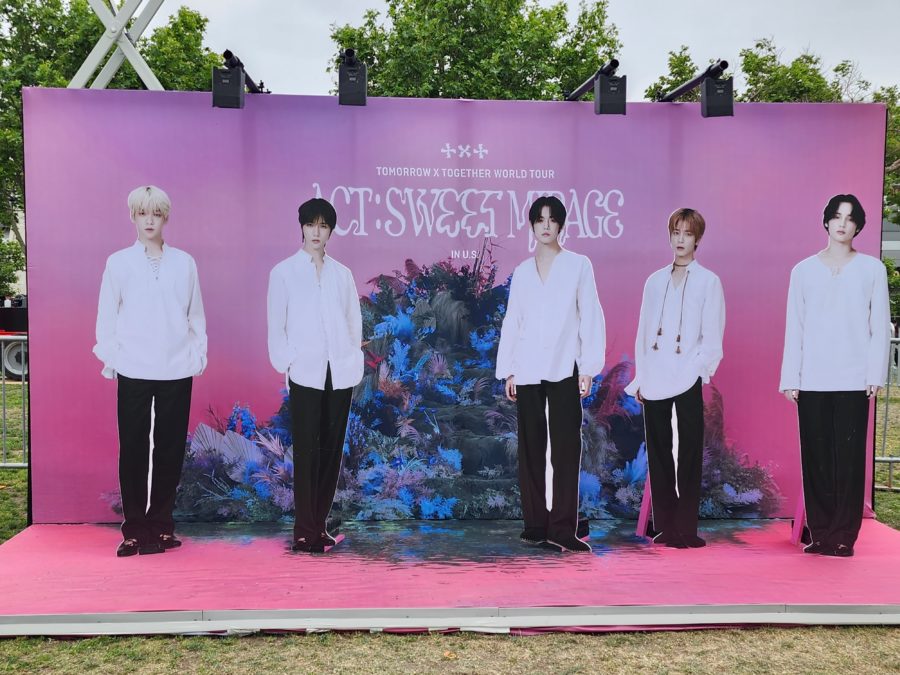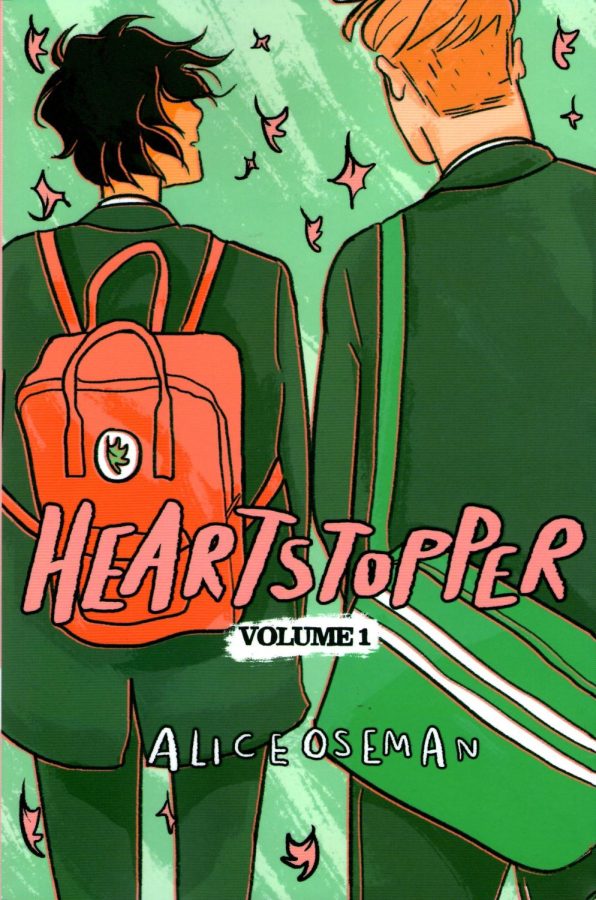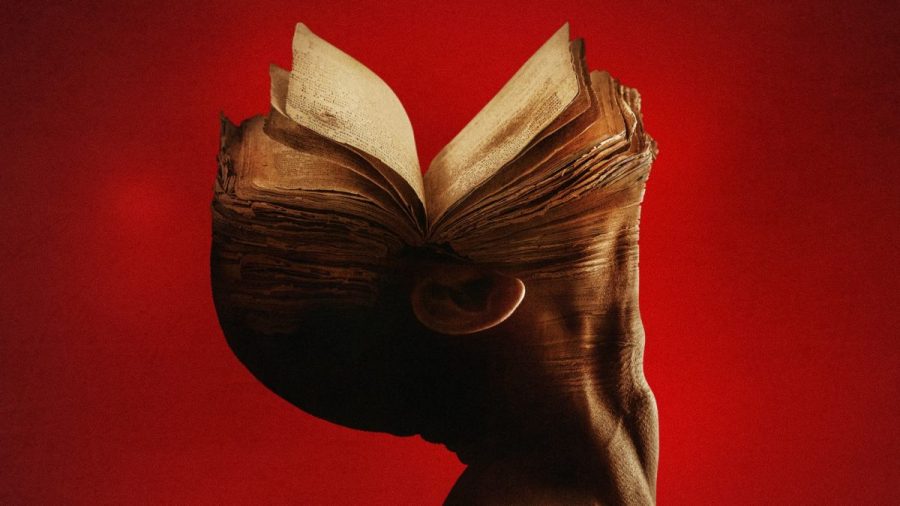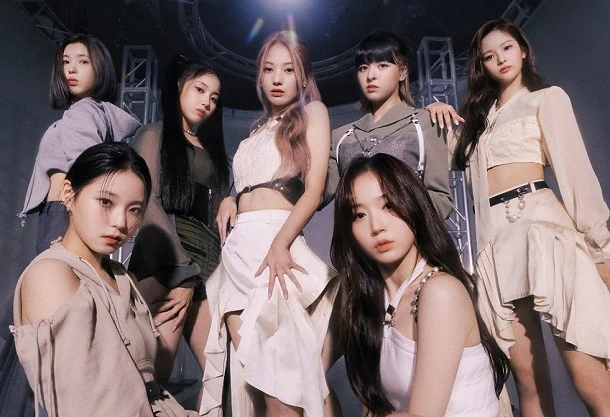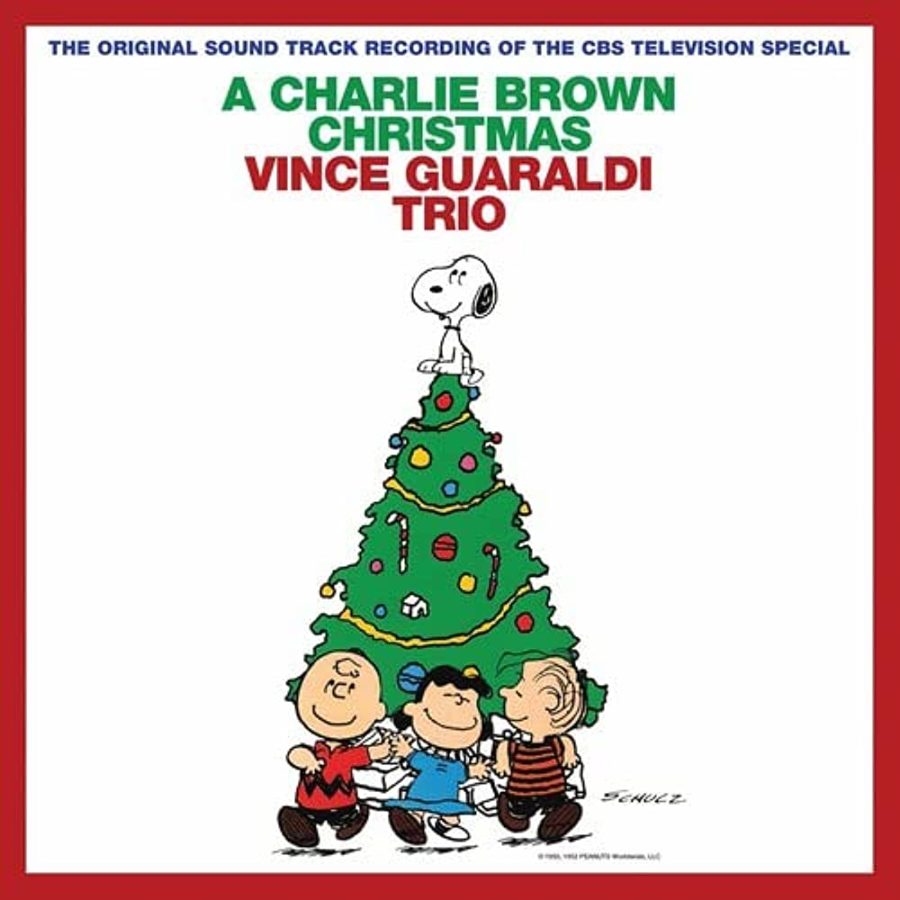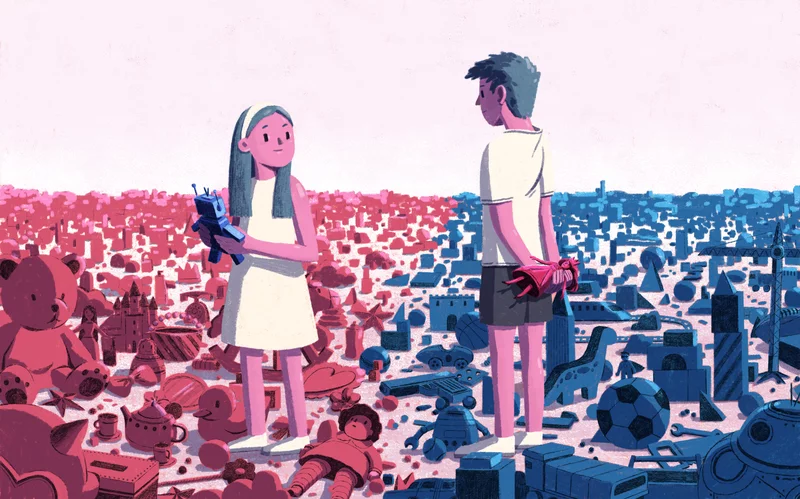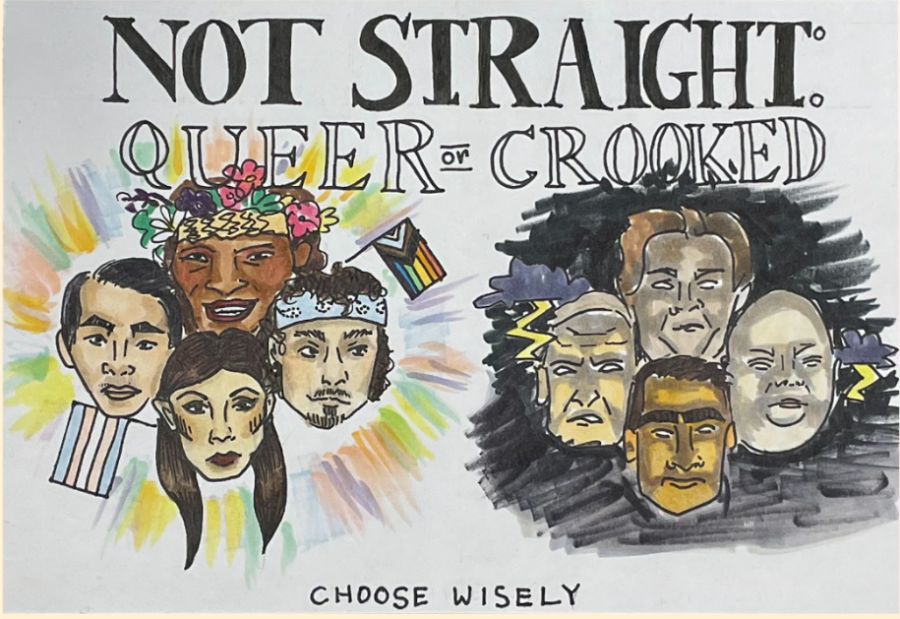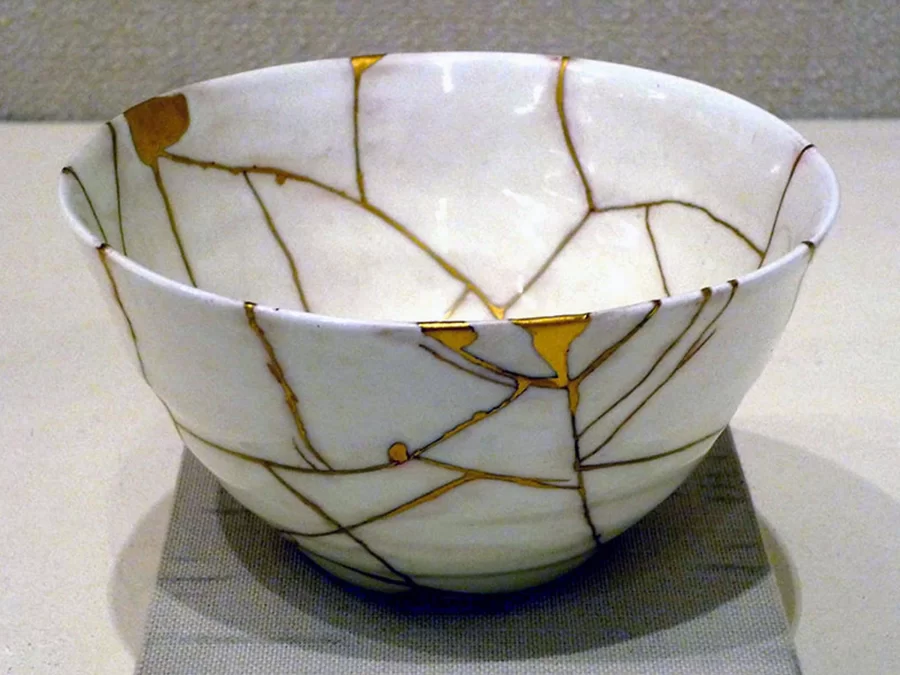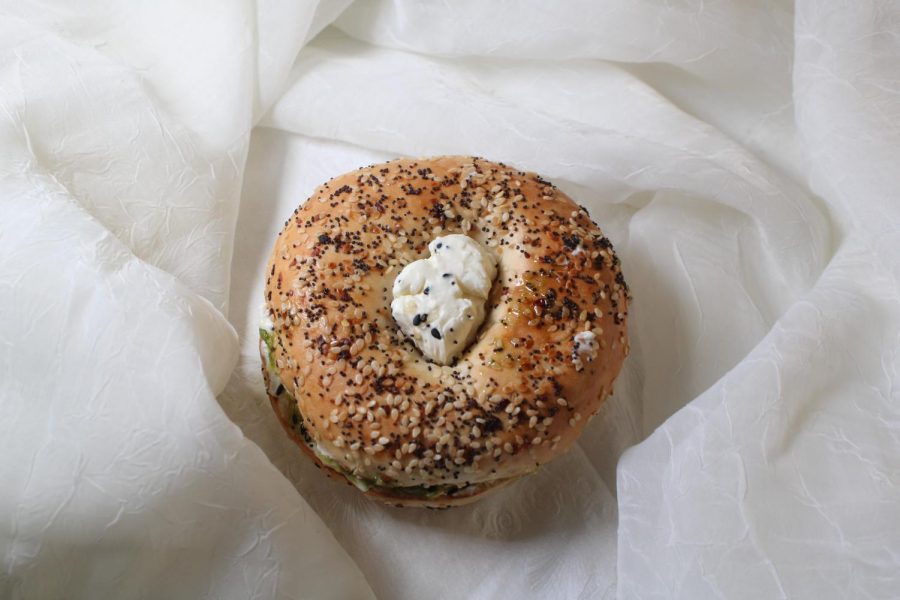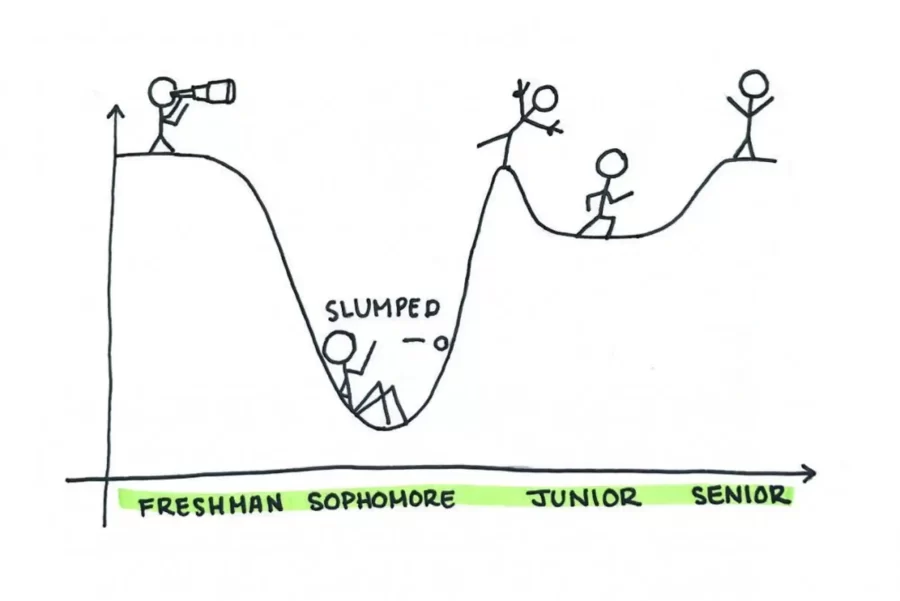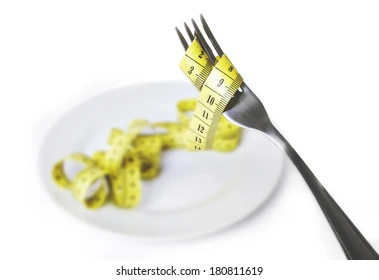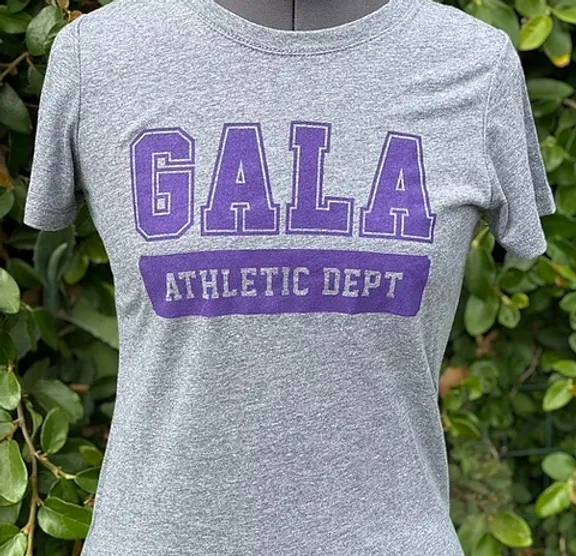Creased spines. A scent somewhere between mildew and vanilla. Dimensions that never quite align with the rest of the inventory on your bookshelf. You’ve arrived at the classics section.
Far more partial to contemporary lit’s block text covers and cryptic author bios than the cramped texts and minuscule fonts of older books, the limited selection of books at my local library challenged me to max out my library card on books published before a man landed on the moon – a challenge I reluctantly accepted.
Some were awe-inspiring, just as some were so lackluster that they inspired pity. Some were so uninteresting their titles have been relegated to the least distinguished parts of my memory, where I expect cobwebs to overtake the covers and moths the pages. Five books, however, cut through my indifference to classics, polarizing amongst my family, friends, and Goodreads review comment sections in a way I haven’t seen since the days of Percy Jackson.
“The Scarlet Letter” by Nathaniel Hawthorne: Read the parts about society, skip the parts about the supernatural
I think of “The Scarlet Letter” as I think of the 2009 horror comedy film “Jennifer’s Body” – a masterpiece I only enjoyed once I surrendered to my confusion. Set in 1600s-era Boston, the novel tells the story of an adulteress, Hester, her daughter, and the townspeople who are intent on bringing Hester shame via a – you guessed it – scarlet letter ‘A’ worn on her chest. The plot is unique, the writing compelling, and the commentary on society’s treatment of women and sexuality more relevant than ever. For me, confusion began to set in when the supernatural started popping up in a story I assumed to be confined to the very real dirt trails and fashions of colonial New England. The first time I read “The Scarlet Letter,” or, attempted to, back in eighth grade, I put the book down as soon as it began alluding to aspects of science fiction that I determinedly despise. This time around, I simply stopped trying to make sense of why meteors were suddenly red and ‘A’ shaped and enjoyed the book – or, the 95% of the book that made my anti-science fiction heart happy. Even if you don’t enjoy Hawthorne’s long sentences and repeated comma splices, characterized by friends as “completely unnecessary” and “a waste of both his time and mine,” there are things you stand to gain from giving it a try: not only will the book brush you up on Bible allusions, but it’ll make you think twice about how you – and your community – treat the women in your life. As such, “The Scarlet Letter” gets an overwhelmingly positive review from me: a good read for everyone, a must-read for anyone who keeps the word ‘slut’ in their regular vocabulary.
“Jane Eyre” by Charlotte Brontë: It’s been done a million times, and it’s been done better
I should start by saying that Brontë, Jane, and I are good acquaintances, with “Jane Eyre” being an annually-mandated reread for some class or another. Perhaps it’s this constant reread of the lengthy novel that gives me the confidence to call its pace dawdling and its plot scarce. Should you choose to pick up the book, you’ll be forced to follow Jane from the moment she’s born to middle age, mind for the frequent, improbable jumps in timeline. Fairly early on, the novel switches from an intriguing retelling of the mistreatment Jane faced as a young orphan to a love story that lacks character development or chemistry. Perhaps this jarring, unwelcome switch is what’s made me so anti-Jane Eyre despite my love of Brontë’s writing style. For, in theory, “Jane Eyre” is a telling tale of how girls are so often mistreated by those whom girls are supposed to be able to trust and how intellectual women are so often ridiculed and cast aside by men confident they know everything. But, in execution, the latter half of the book, especially the rushed ending, undercuts everything Brontë told us Jane stood for, and left me a combination of bored, underwhelmed, and perpetually asking aloud, “seriously?” If you’re looking for a book like “Jane Eyre” but want to walk away feeling enlightened rather than deceived, I suggest you shift your focus to finding a copy of Virginia Woolf’s “A Room of One’s Own” or the contemporary Rebecca Makkai’s “The Great Believers” – both of which have landed a spot on my favorites list (a list Jane Eyre will never grace).
“Fahrenheit 451” by Ray Bradbury: Kind of, almost, in a sense there
Another favorite of English teachers everywhere, I wanted to love “Fahrenheit 451.” Dystopian, heavy figurative language, strong parallels to the present day? Sounded like a dream. And, it was a dream for the first 50 or so pages, when the plot was about ethics and censorship and consciousness. And then, at some point, a book I couldn’t put down — about a fireman tasked with destroying books in a society where book possession was the greatest crime — became a book I had to force myself to continue, about roaming intellectuals and ambiguous greater purposes. Writing wise, I love Bradbury’s style. It nearly redeemed the rest of the book’s faults. But, the pacing was helpless. Getting through the last half of the book was a feat in itself, and dissecting what events Bradbury’s characters were oh so vaguely referring to was another. The book – a short one, too – took me two weeks to drag my eyes through, and upon finishing it, had me labeling it as cruel and unjust punishment. But, considering how nearly every book about a corrupt government, whether fantastical or not, references “Fahrenheit 451,” there’s something to be said about the value of the book – if you’re willing to put yourself through purgatory to find it.
“Their Eyes Were Watching God” by Zora Neale Hurston: Sweeps the show
“Their Eyes Were Watching God” is everything classics typically aren’t: engaging, conversation inspiring, and fast-paced. Forget the turtle crawl of “Fahrenheit 451,” “Their Eyes Were Watching God” takes off at the speed of a dog, or horse, or other animal that is fast yet manageable. Janie Crawford takes us through her life, each part tied to a great love, and in doing so, conveys a story about how society doesn’t know what to do with women who are independent, or brilliant, or abused, much less all three. Hurston’s use of dialogue keeps the novel engaging, and the themes and situations discussed make the novel perfect grounds for discussion on wealth, sexuality, government, and power. On the excellent book checklist, “Their Eyes Were Watching God” collects nicely, checking off everywhere from irony to a lovable best friend of the protagonist. A word of caution to audio book lovers, though: for this classic, be prepared to max out the speed adjustments or stick to the print version.
“Slaughterhouse-Five” by Kurt Vonnegut: I didn’t get it, and I think I liked it
“Slaughterhouse-Five” made no sense, but I’m pretty sure that’s how it was supposed to be interpreted. If so, I thoroughly enjoyed it. If not, I have an endless list of questions for Vonnegut. But, giving myself the undeserved benefit of the doubt here, this book switched between past and present, and sometimes a future on a different planet with non-humans in a delightfully entertaining way. Some passages were so far removed from reality they went over my head entirely, but the ones that stuck made an impact. Given the murky nature of the plot, following a war veteran before, during, and after a stunt as a prisoner-of-war in WWII, I wasn’t sure what Vonnegut intended me to take away from his work versus what I projected onto the tiny book – either way, the novel shaped up in my head to be a poignant discussion of the military industrial complex, which immediately pushes any book over the line and into the black. Perhaps the best way to describe “Slaughterhouse-Five” is this: the book read like a hybrid of “The Road” by Cormac McCarthy (not a flattering comparison, I should clarify) and the visuals off of Dua Lipa’s 2020 album, “Future Nostalgia.” It’s a monotonous, politically-charged commentary on family and bloodshed, with interludes of intergalactic affairs with aliens and a little glitter here and there for no reason other than to have it.
